OCR-AI-powered text extraction.
AI-powered OCR for precise text extraction.
Convert this image to text.
Extract text from this PDF into markdown.
Extract tables from this PDF into CSV format.
Convert this PDF to text.
Related Tools
Load More
OCR with GPT Vision
VisionText Extractor GPT is designed to perform Optical Character Recognition (OCR) on uploaded images, extracting text with precision.
OCR: PDF- and image-reader
Provides tekst from images and scanned documents by using optical character recognition (OCR)
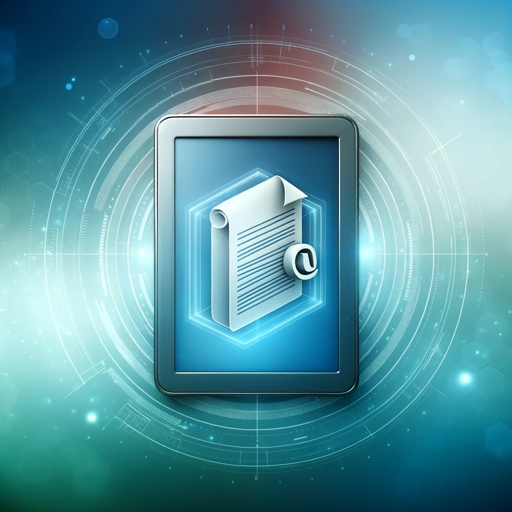
OCR (formerly ChatOCR)
Extract text from scanned PDFs, photos, and even handwriting.
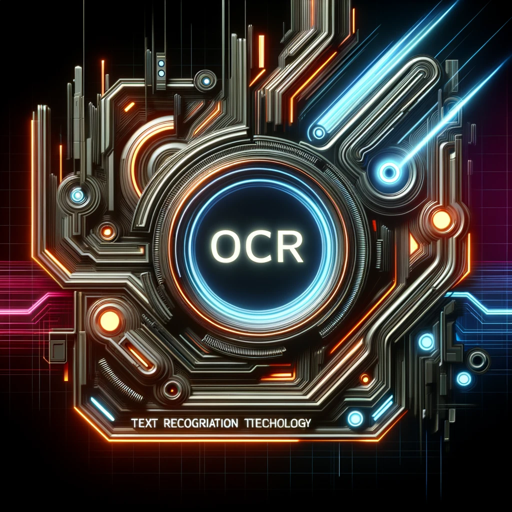
OCR
Perform OCR from images, PDFs. Start with Start. 画像、PDFからOCRを実行します。スタートで始めてください。
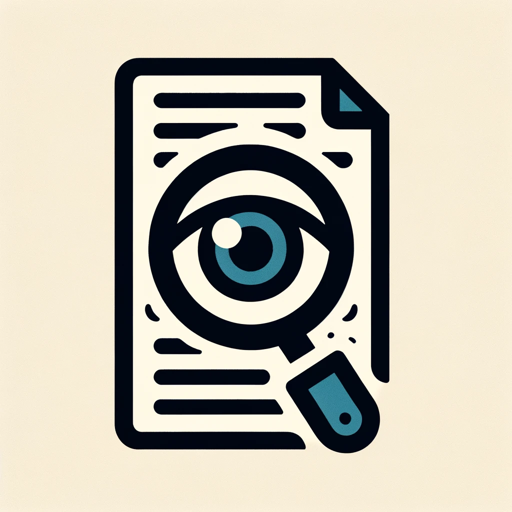
OCR - Text Extractor
An OCR assistant for accurately extracting text from images.

PDF AI OCR
Optical Character Recognition (OCR) to securely chat with PDFs, images, scans, and even handwriting! Over 40,000 professionals trust ChatOCR to reliably scan and extract text from documents. Search and query text in faxes, textbooks, and photos.
20.0 / 5 (200 votes)
Introduction to OCR
Optical Character Recognition (OCR) is a technology used to convert different types of documents, such as scanned paper documents, PDFs, or images taken by a digital camera, into editable and searchable data. The basic function of OCR involves scanning the text of a document and translating the characters into a code that can be used for data processing. This technology is widely used in various fields to digitize printed texts so that they can be electronically edited, searched, and stored more compactly. For instance, OCR can be used to convert printed invoices into digital form, making it easier to manage and search financial records.

Main Functions of OCR
Text Extraction
Example
Extracting text from scanned books to create editable documents.
Scenario
A publishing house uses OCR to digitize their vast collection of printed books, making them available in digital formats for e-readers and online libraries.
Automated Data Entry
Example
Converting printed forms into electronic data.
Scenario
A hospital uses OCR to digitize patient intake forms, allowing for automatic entry of patient information into their electronic health record (EHR) system, reducing manual data entry errors and speeding up the process.
Document Searchability
Example
Making scanned documents searchable by converting them into searchable PDFs.
Scenario
A law firm uses OCR to convert scanned legal documents into searchable PDFs, making it easier for attorneys to quickly find relevant information within large sets of documents during case preparations.
Ideal Users of OCR Services
Businesses and Enterprises
Businesses can benefit from OCR by digitizing their paperwork, automating data entry processes, and improving data accessibility and searchability. This leads to increased efficiency, reduced costs, and better document management. For example, financial institutions can use OCR to process checks and invoices automatically, reducing the time spent on manual data entry and minimizing errors.
Educational Institutions
Educational institutions can use OCR to digitize textbooks, research papers, and other printed materials. This enables the creation of accessible digital libraries, facilitating easier distribution of materials to students and researchers. For instance, universities can use OCR to convert printed academic journals into digital formats, making them accessible to students and faculty through the institution's online library.

How to Use OCR
1
Visit aichatonline.org for a free trial without login, also no need for ChatGPT Plus.
2
Upload your document (image, PDF, etc.) that you wish to convert into text.
3
Select the desired output format (markdown, txt, json, or html).
4
Click on the 'Convert' button to start the OCR process.
5
Download the extracted text in your chosen format and review for any necessary edits.
Try other advanced and practical GPTs
Dr. Data
AI-powered insights for data-driven decisions.

Anatomy Illustrator
AI-powered anatomical illustrations for everyone
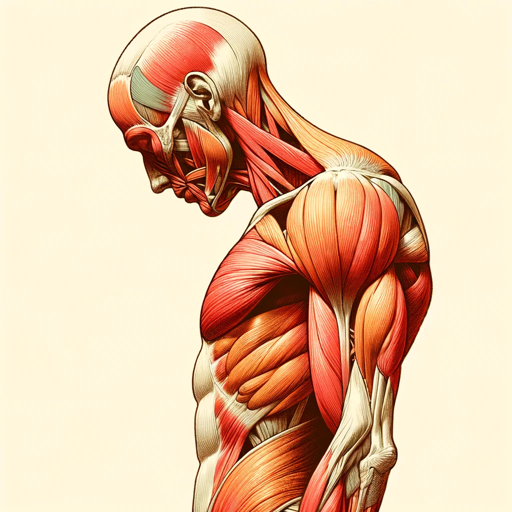
Geeky Gary
AI-powered insights with personality

GeoGPT
AI-Powered Geographical Expertise

Esports Logo Creator
AI-powered esports logos, personalized for you.

UX/UI Designer | Roast my web and saas
AI-powered design critique tool

ABP (Aprendizaje Basado en Proyectos) - ProfesTV
AI-powered Project-Based Learning for Educators
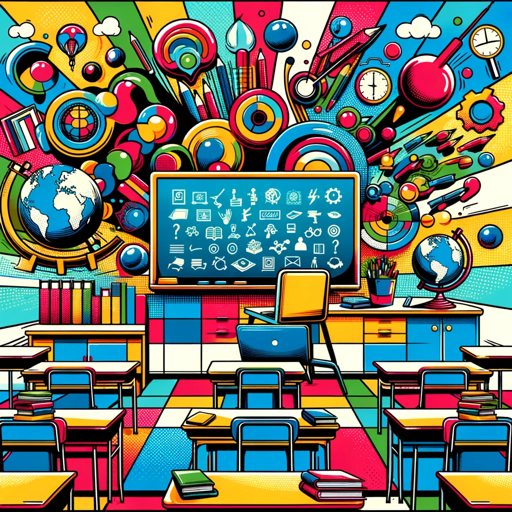
API Guardian
AI-powered security for your APIs
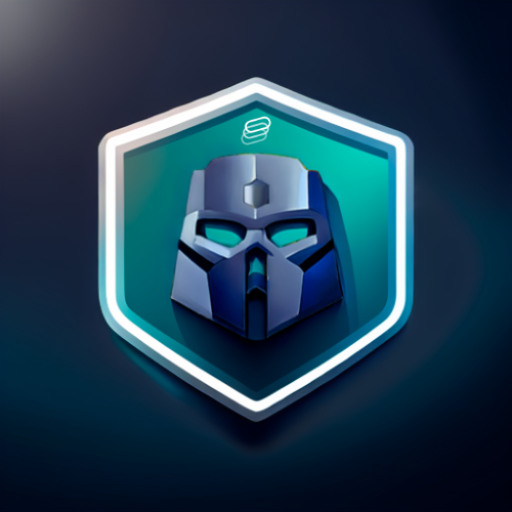
Technical Analysis API Helper
AI-powered cryptocurrency technical analysis tool

Wolf of Email 1.0
AI-driven cold emails for high engagement

Career Catalyst
AI-powered career guidance for professionals

Planning Navigator
AI-powered insights for England’s planning system.
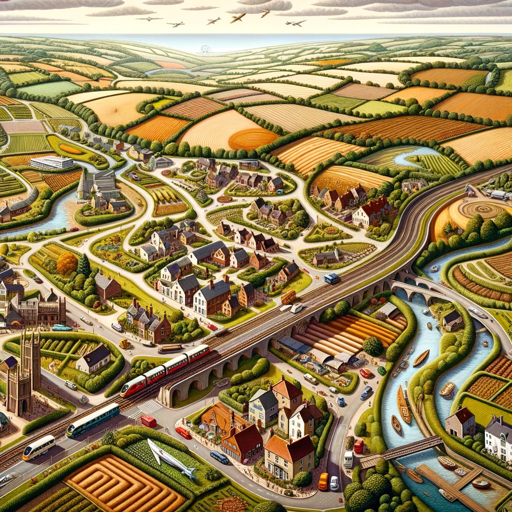
- Academic Writing
- Research
- Legal Documents
- Data Entry
- Archiving
Frequently Asked Questions about OCR
What types of documents can OCR handle?
OCR can handle a variety of documents including scanned images, PDFs, complex layouts, tables, mathematical expressions, and diagrams.
How accurate is OCR in extracting text?
OCR uses advanced algorithms to ensure high accuracy in text extraction, though results can vary based on the quality of the original document.
Can OCR convert handwritten notes into text?
Yes, OCR can convert handwritten notes into text, but the accuracy depends on the legibility of the handwriting.
What output formats are supported by OCR?
OCR supports several output formats including markdown, txt, json, and html.
Are there any tips for improving OCR accuracy?
Ensure that the document is clear and well-lit. Avoid skewed or blurry images, and use high-resolution scans whenever possible.